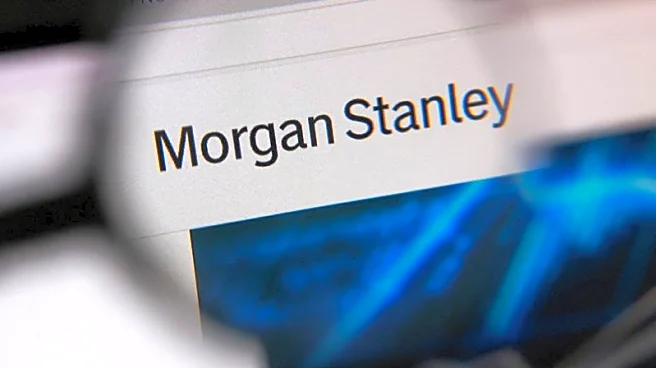What's Happening?
Former FBI Director James Comey is contesting the use of documents seized by federal authorities in his upcoming trial. The documents, obtained five years ago during an investigation into Comey for allegedly leaking confidential information, are at the center
of a legal battle as Comey faces charges of lying to Congress. The trial, set to begin on January 5, 2026, will address accusations that Comey provided false testimony to the Senate Judiciary Committee in 2020. Comey has pleaded not guilty, asserting that the charges are a retaliatory measure orchestrated by President Trump due to Comey's involvement in the 'Russiagate' investigation. The prosecution is pushing for a filter protocol to determine which communications are protected by attorney-client privilege, while Comey argues that his rights have already been violated.
Why It's Important?
The case against James Comey holds significant implications for the integrity of federal law enforcement and the political landscape. If convicted, Comey could face up to five years in prison, which would mark a notable accountability measure for a former high-ranking official. The trial also underscores ongoing tensions between the Trump administration and former officials involved in investigations related to the 2016 election. The outcome could influence public trust in federal institutions and impact future legal proceedings involving political figures. Additionally, the case raises questions about the boundaries of executive power and the potential for political motivations in prosecutorial decisions.
What's Next?
As the trial date approaches, both sides are preparing for a contentious legal battle. The court's decision on the admissibility of the seized documents will be pivotal in shaping the trial's trajectory. If the documents are deemed inadmissible, it could weaken the prosecution's case. Conversely, if allowed, they may provide critical evidence against Comey. The legal proceedings will likely attract significant media attention, potentially influencing public opinion and political discourse. The trial's outcome could also set precedents for how similar cases are handled in the future, particularly regarding the treatment of privileged communications and the role of political influence in legal matters.

















